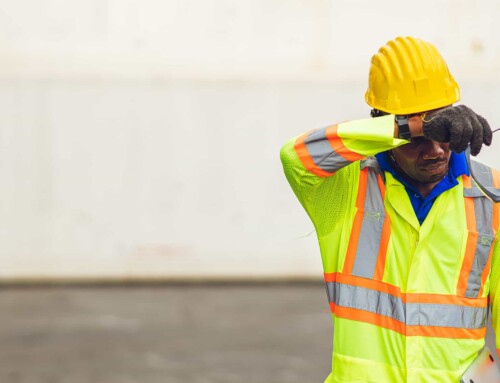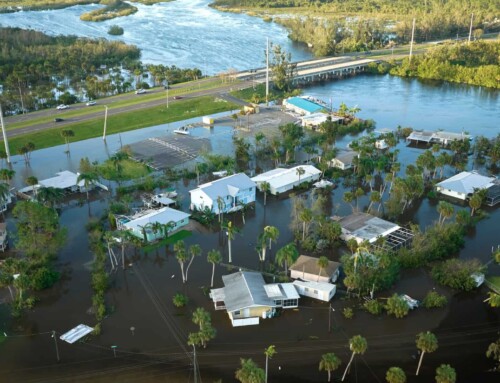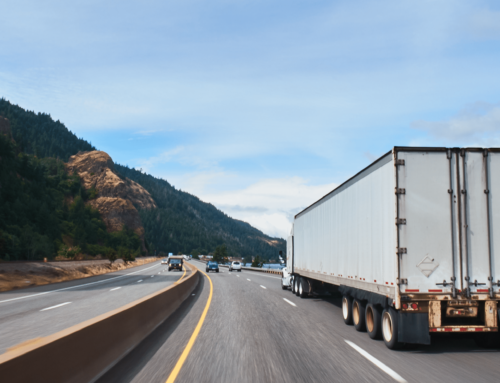As COVID-19 continues to take its toll on the country, we find ourselves with more questions than answers. One question of great importance to anyone in a high risk profession is whether exposure to the virus is grounds for a Workers’ Compensation claim. The answer depends on your state’s specific laws regarding diseases and illnesses in the workplace, but the short answer is unfortunately, likely no, with the exception of first responders and medical personnel.
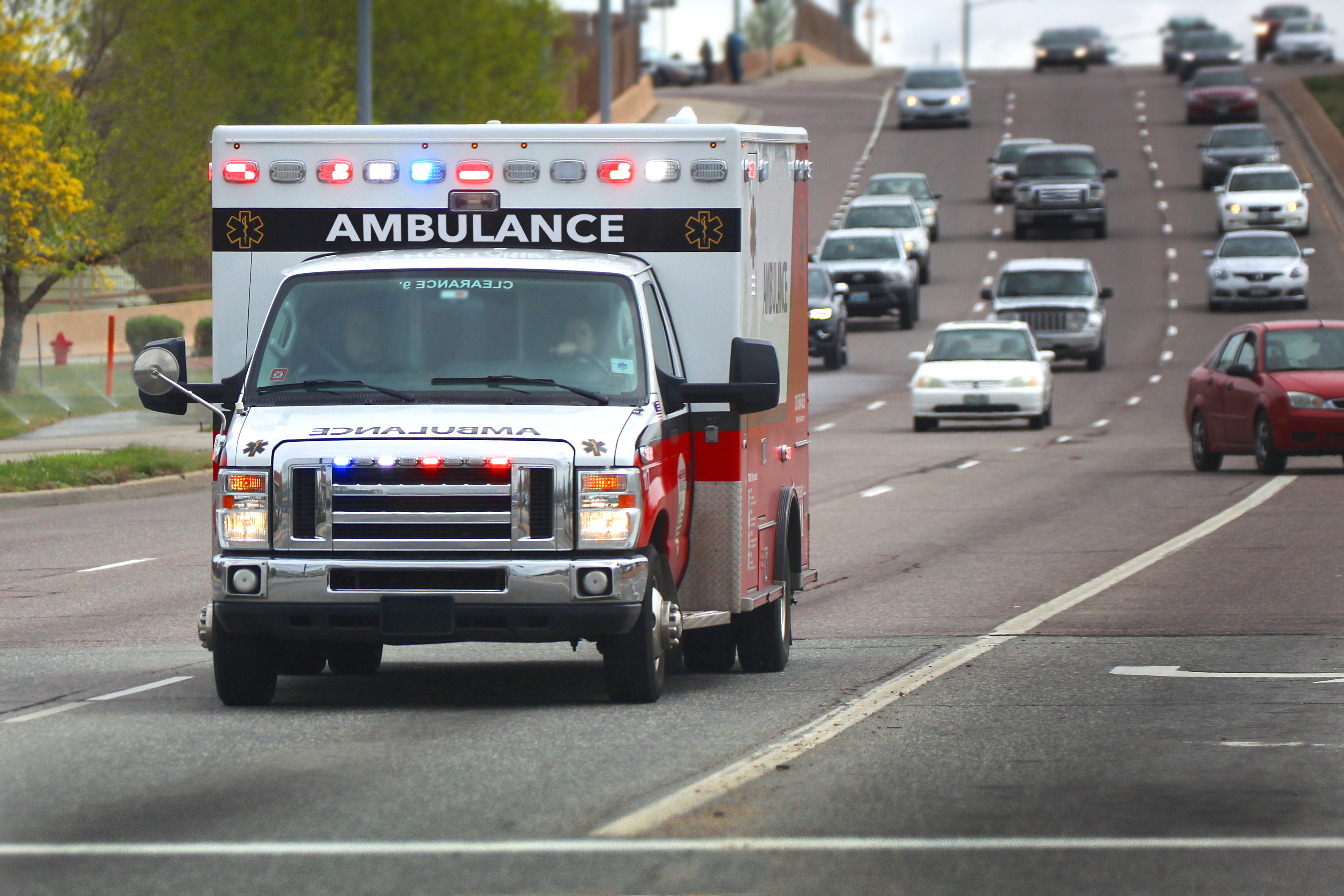
COVID-19 Coverage by State
In Florida, while workplace illnesses are usually excluded there is an exemption statute in place for occupational diseases. This is contingent on the occupation of the claimant and their exposure and contraction of the virus, must be as a result of the nature of their employment. Florida requires clear and convincing evidence that without their profession they wouldn’t have contracted the virus.
Georgia has similar laws, in which the employee must prove that they both were infected at their job and as a direct result of it. For this reason, many claims in Georgia will likely not be covered if the employee is unable to prove that they wouldn’t have had a high chance of exposure outside of their occupation. Because of the high infection chance for the general population, most employees will be hard pressed to prove that their occupation represented a higher than average chance of exposure because of their job.
For workers’ compensation to pay in North Carolina, an injured worker must either have an injury by accident or an occupational disease that arises out of the employment. For contraction to be considered an accident, it must be an unusual and specific event. To be considered an occupational disease, the condition must either be written into the law, like asbestos exposure, or be both caused by their job and that they have an increased risk of getting because of their job duties. Obviously this comes with the same high burden of proof expectations as other states. First responders and medical personnel have a high likelihood of satisfying the tests for occupational disease if they contract COVID-19 at work in NC.
Maryland is expected to treat COVID-19 as any other disease, which would require it to match certain scenarios to be considered compensable. If the virus can be attributed to a single, verifiable incident, such as accidental exposure to bodily fluids, or if the transmission of the disease can be established to be due to the nature of an employment it may be considered. There is an expectation that the employee will be able to establish that the exposure to the disease took place at work or that they worked in a setting where exposure to the disease is inherent in the work. However, it may be difficult, if not impossible, in most circumstances, to establish how or when a person contracts a virus that can be spread person-to-person.
Although varying on the exact terminology the laws are similar in most states. The few potential exceptions are almost exclusively from workers at very high risk of exposure.
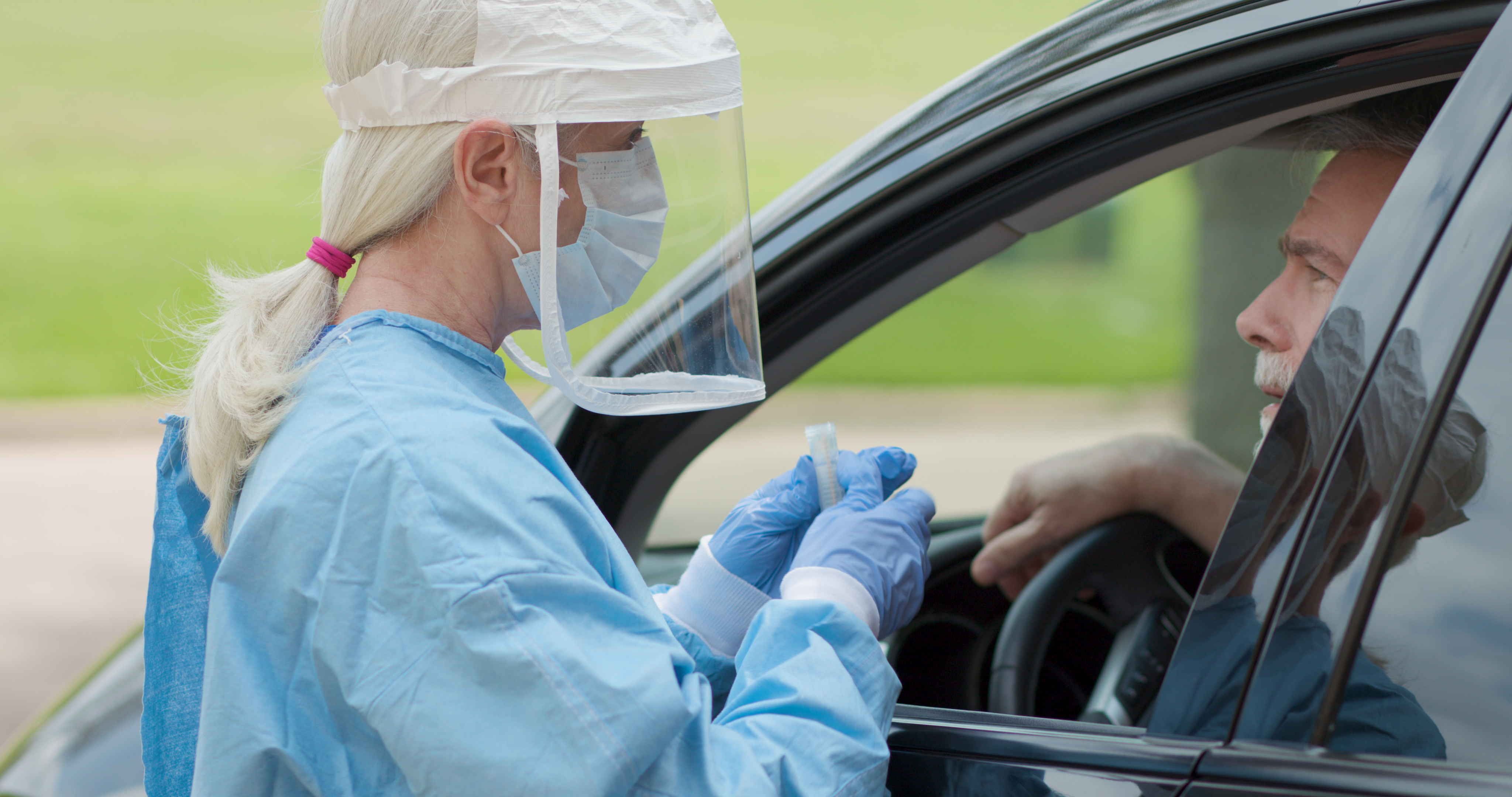
Exceptions to the Rule
OSHA defines these high risk professions as healthcare workers, laboratory personnel, or morgue workers who are directly dealing with patients exposed to COVID-19, live cultures of the virus, or performing autopsies on decedents with the virus. Healthcare delivery or support staff, ambulance drivers and EMTs, and mortuary workers involved with the preparation of the deceased, are also considered to be high risk, and have the potential to be covered, if the criteria is met.
In Florida in particular, any state worker considered first responders is available for coverage based on a recent directive. This includes law enforcement, firefighters, EMTs, Paramedics, and correctional officers. State employees working in the healthcare field, whose duties require contact with persons as they are being tested for COVID-19, child safety investigators and members of the Florida National Guard called to active duty are also included in this directive. Compensability determination is still warranted, case by case. The notable exception is if it can reasonably be proven that one of these employees contracted the virus outside the scope of their employment.
Florida Municipal Insurance Trust (FMIT) took a significant step to authorize specific workers’ compensation coverage to first responders who contracted COVID-19 in the line of duty. FMIT will accept a claim, that has been determined to be compensable, of a first responder who test positive for COVID-19 from the first dollar. This decision allows them the ability to protect those who protect our communities. At this point, other carriers that Johns Eastern works with are handling COVID-19 claims as they would any other reportable claim.
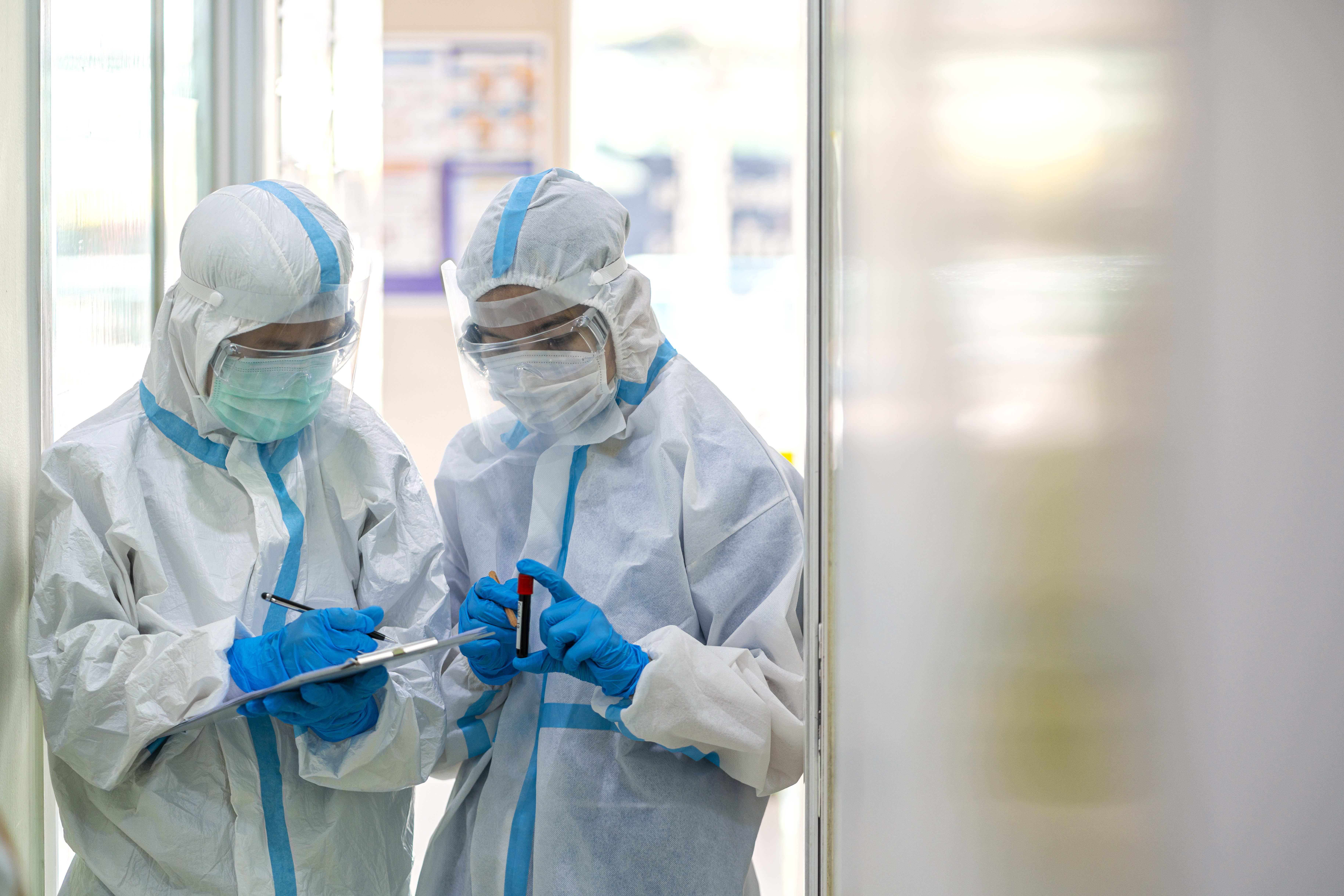
In order to protect these high risk employees, there are a few guidelines that any employer can follow:
- Reduce exposure however possible. This includes reducing the spread of the virus between patients or others infected. Encourage everyone to maintain a distance and avoid grouping.
- Offer increased medical monitoring of workers in the event of an uncontrolled outbreak.
- Provide all workers with job-specific education and training on preventing transmission of COVID-19. It’s important to have this information posted and available.
- Provide all high risk emergency responders with Personal Protective Equipment appropriate to the potential level of exposure, as well as 60% alcohol based hand sanitizer.
- Provide a system of support for emergency workers to address stress buildups.
How This Affects Return to Work
Another aspect to note as we further towards a recession is the impact that this pandemic will have on return to work programs. As the unemployment rate rises, the likelihood that workers will be able to come back to their previous position obviously decreases. For as long as nonessential businesses remain closed, these workers will also have difficulty finding replacement work.
Any worker who still has the ability to do so, is at risk of rushing their recovery program in an attempt to protect that position. This puts them at risk for re-injury later on. As an employer, now is the time to communicate with these workers the availability of their position going forward. This will allow them to apply for unemployment benefits if necessary, and to maintain an open relationship so you can get these employees back to work as soon as possible.
—
Johns Eastern is dedicated to keeping our clients as up to date as possible on everything COVID related. For more information on the impact the virus is having, check our newsroom here. Don’t hesitate to contact us if you have any other questions.


